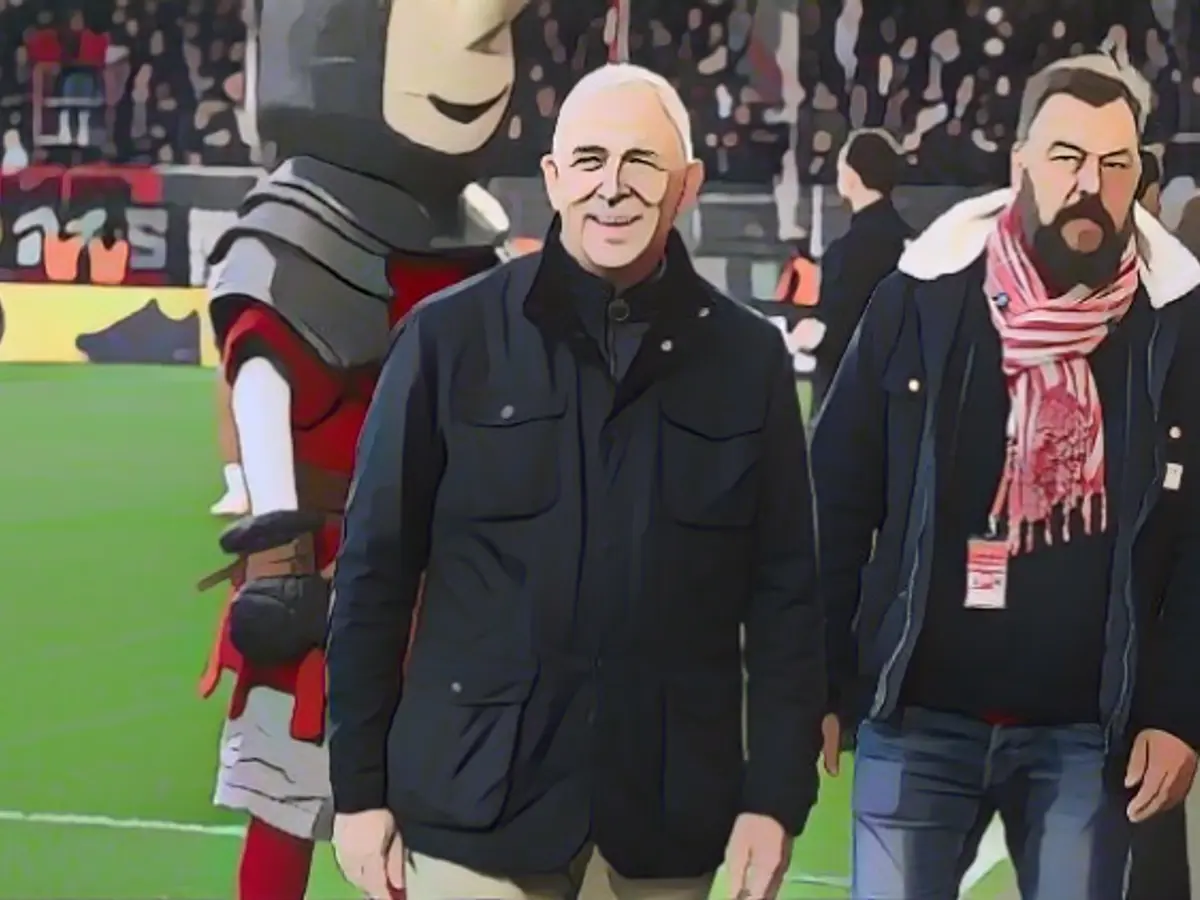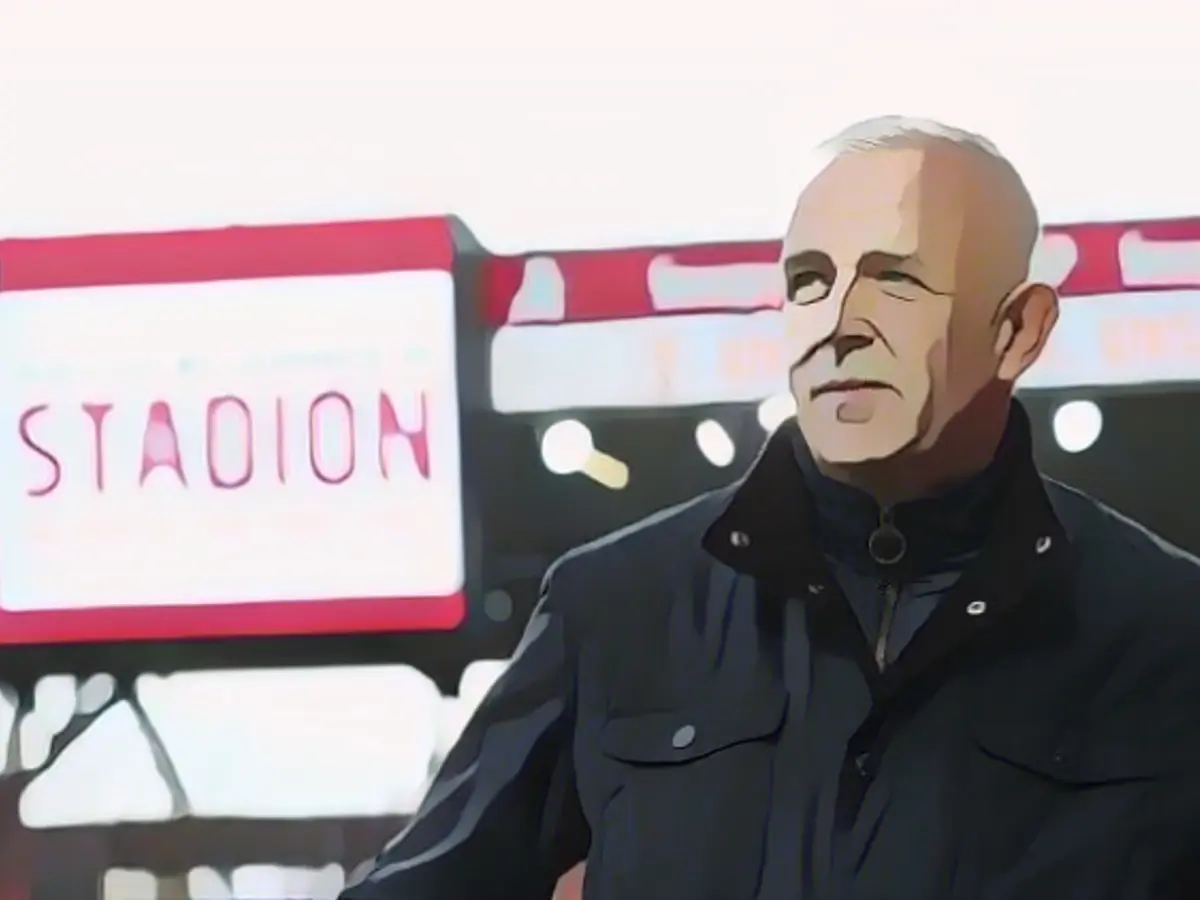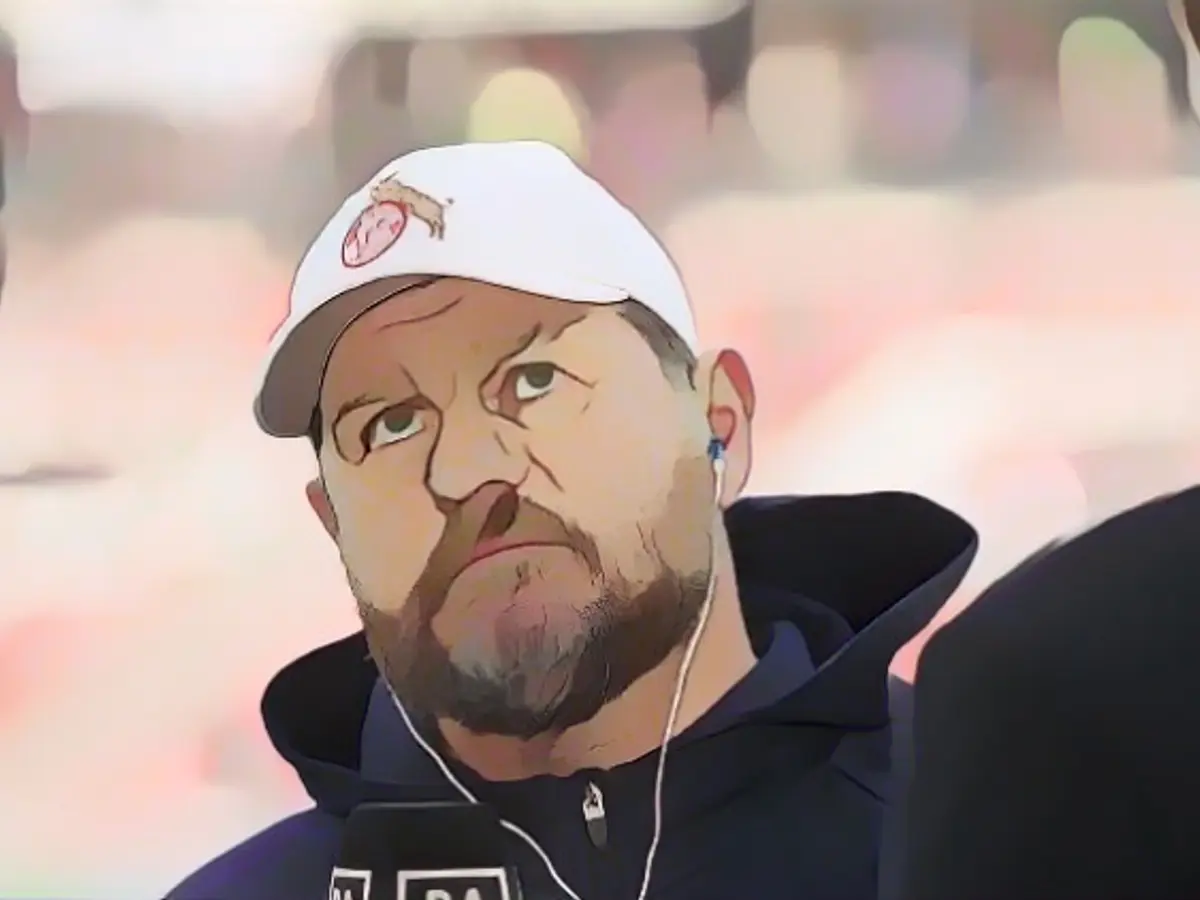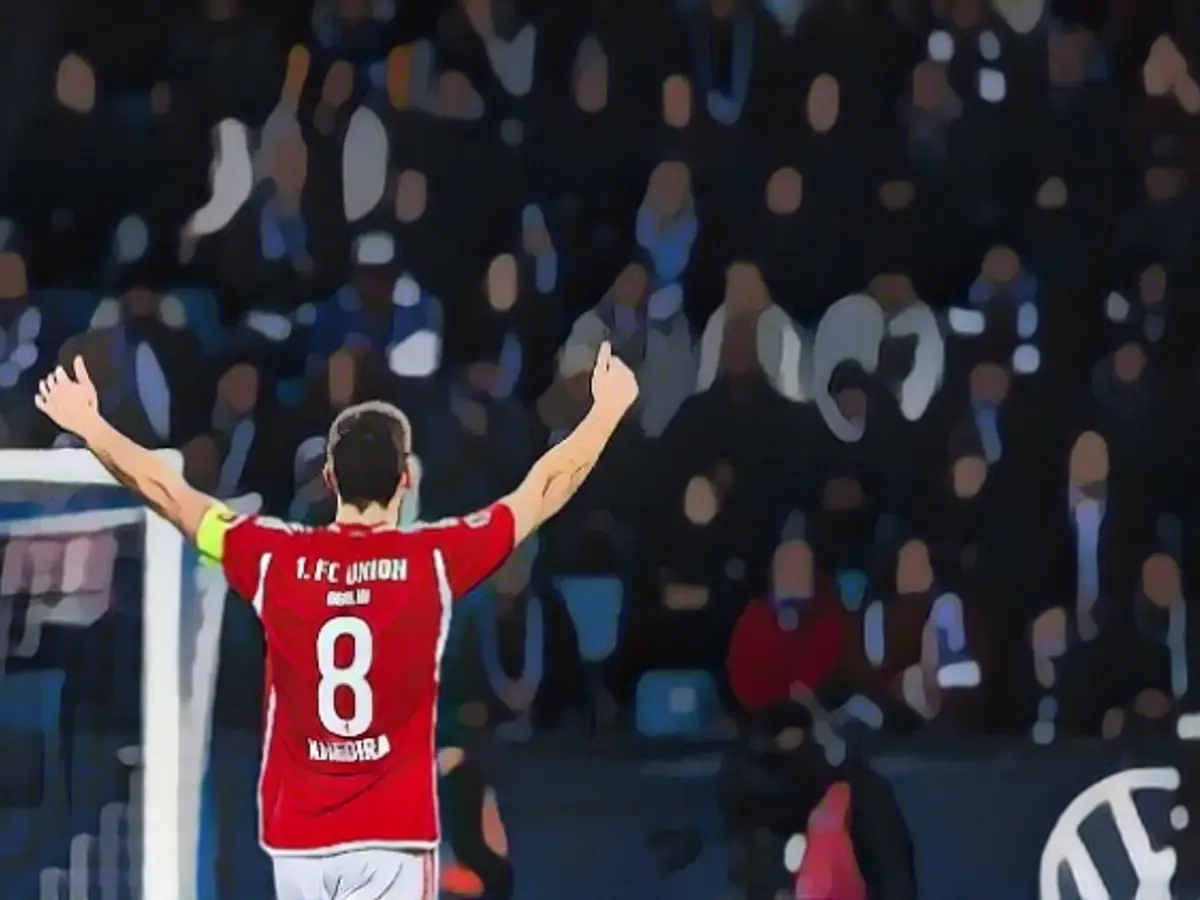Union President Zingler Slams Club "Envy" in Soccer Investment Dispute
The 36 German soccer clubs are set to vote on the potential introduction of an investor into the game. However, Union Berlin president Dirk Zingler has voiced frustration over the process and warned of potential financial consequences.
In a letter to the German Football League, Zingler called for the vote to be postponed, citing concerns over the proposed entry of an investor based on the lowest common denominator. He emphasized the importance of unity and establishing a strong position, rather than focusing on perceived advantages of rival clubs.
Zingler expressed his support for strategic investments in German soccer, but warned against the damaging effects of "small-mindedness" and mutual envy. He reflected on the failed vote in May, stating that a narrow focus on the perceived unfair treatment of other clubs had hindered progress.
The new partnership, expected to bring in €1 billion, has also drawn criticism. Union argued that the revised revenue share, planned to be just 1%, represents a significant decrease from the spring offering. Zingler calculated that the potential partner would now be paying around €112 million for what was worth up to €176 million previously.
Fans have taken a stance against the proposed deal, with protests in various Bundesliga and second-division stadiums. But Zingler's tone was more cautious, warning of the potential consequences of multi-club ownership and profit-oriented investor models. He highlighted the risk of diminishing the cultural significance and social anchoring of soccer in such scenarios.
Insights:
- Zingler might be referring to the potential impact of Financial Fair Play (FFP) regulations, which could further entrench the positions of the largest clubs in generating more revenue and profits.
- He might also be concerned about questionable sponsorship deals that some clubs engage in, which could compromise the ethical composition of football and create an uneven playing field.
- Leveraged buyouts, where new owners borrow heavily to acquire a club, could lead to significant financial burdens, potentially draining clubs of resources for development.
- A reduced revenue share for smaller clubs could make it harder for them to compete financially.
- Excessive commercialization could erode the cultural heritage and community connection of soccer in Germany.
Despite the upcoming vote, Union Berlin's president Dirk Zingler has voiced concerns over the potential financial and cultural implications of allowing an investor into German soccer based on short-sighted decisions. He has emphasized the need for unity and a strong position and warned against allowing a profit-oriented investor model that could jeopardize the cultural significance of soccer in Germany.








